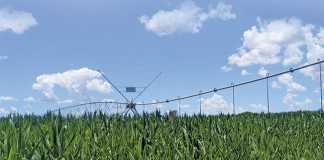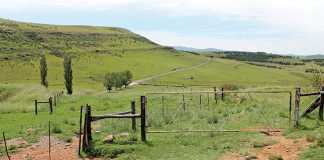
Farmers’ Weekly spoke to various sources, who concluded these articles were misleading, factually incorrect and sensationalist.
Anton Rabe, executive director of Hortgro, said the rules were nothing new, and only involved a limited list of tariff-free products under the European Partnership Agreement. It included fruit juice and canned fruit but excluded fresh fruit.
Rabe pointed out that BEE was not a prerequisite for the quotas, but rather just one of the criteria used to consider the allocation of quotas, as was done in the past.
This was reaffirmed in a statement from Agbiz, according to which the requirements mirrored the previous years’ requirements and only applied to certain products exported to the EU or UK under the preferential Tarriff Rate Quota.
Agbiz also clarified that there was no threshold or level that an applicant had to reach to be awarded an export permit. The broad-based BEE status of an applicant was but one factor that had to be considered in conjunction with all factors.
Under the Agri BEE Sector Code, entities with a turnover of less than R10 million were classified as Exempted Micro Enterprises and were deemed Level 4. They merely needed an affidavit to this effect, and not a verified certificate.
Theo Boshoff, CEO of Agbiz, warned that factually incorrect and sensationalist articles could harm the sector’s prospects, as these agreements were currently being reviewed with an eye to extending and improving upon them.
“It is vital that public comments are made from a factual and contextualised point of view. We urge all parties to refrain from such reporting, devoid of correct facts and context,” said Boshoff.
The links to the two gazettes that sparked the articles can be viewed at the following links for more clarity:
za-government-gazette-dated-2023-10-31-no-49588.pdf (gazettes.africa)
za-government-gazette-dated-2023-11-01-no-49590.pdf (gazettes.africa)












